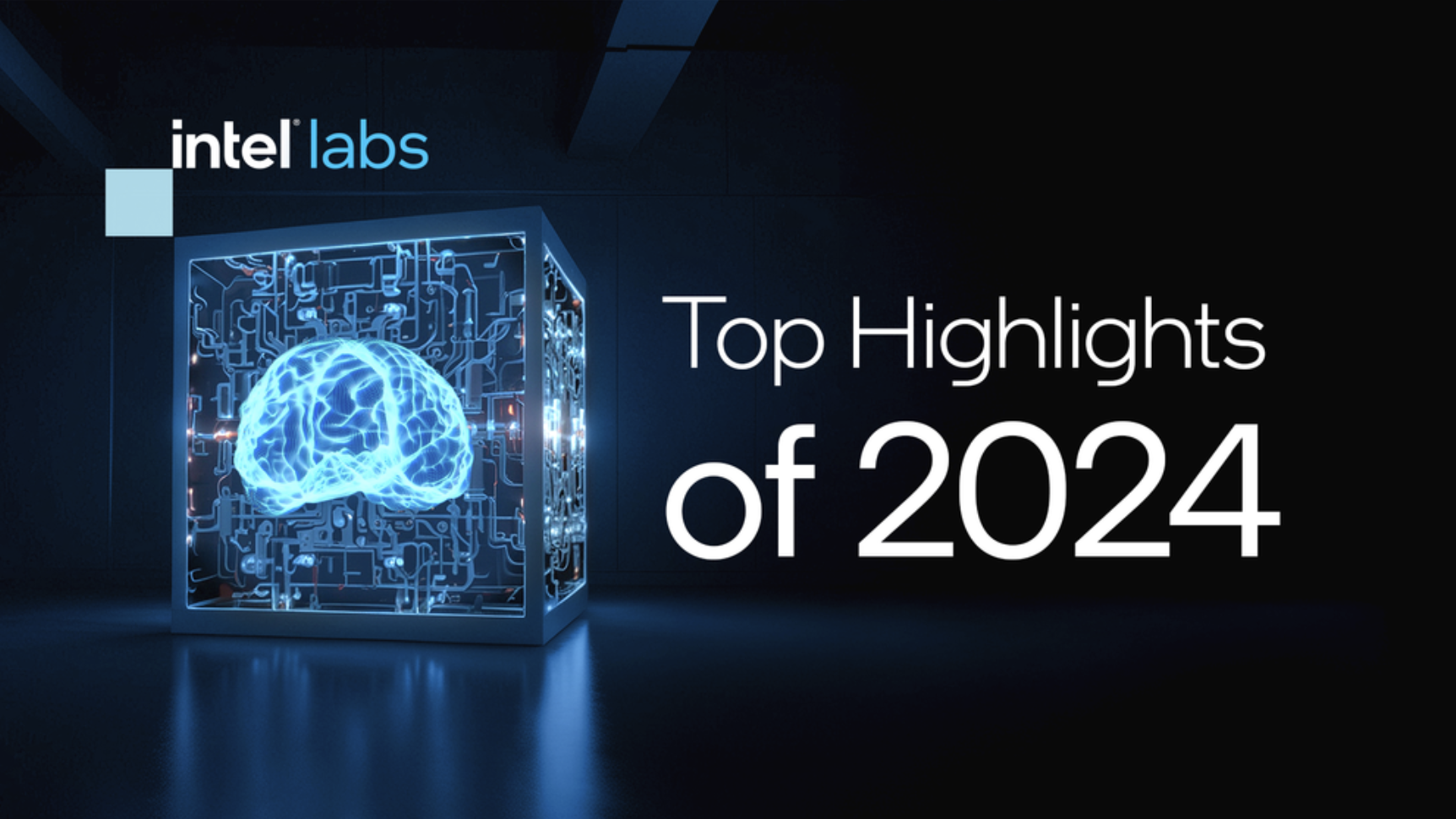Quantum and AI Projects Make List of Intel’s 2024 Triumphs

Insider Brief
- Intel Labs highlighted its leadership in quantum computing and artificial intelligence with major advances in silicon qubit control, post-quantum cryptography and neuromorphic systems.
- A key milestone was the demonstration of cryogenic silicon spin qubit control electronics, addressing scalability challenges and paving the way for quantum systems with millions of qubits.
- Intel contributed to a NIST post-quantum cryptography standard with its SLH-DSA algorithm, ensuring data integrity against future quantum threats.
Intel Labs marked 2024 with notable achievements in quantum computing and artificial intelligence, positioning itself as a leader in cutting-edge technologies, according to a Intel Lab blog post. The company’s milestones spanned advances in silicon qubit control, post-quantum cryptography and neuromorphic computing, solidifying its influence in some of the world’s most transformative fields.
Pioneering Quantum Control Integration
One of the achievements that made the list came with Intel’s demonstration of cryogenic silicon spin qubit control electronics distributed inside a dilution refrigerator, detailed in research presented at the 2024 IEEE Symposium on VLSI Technology & Circuits. Intel’s millikelvin cryogenic control chip, code-named Pando Tree, operates at the 10 to 20 millikelvin stage and works in tandem with Horse Ridge II at the 4-kelvin stage.
This advance addresses wiring bottlenecks and enhances the scalability of quantum computing by integrating control electronics closer to the qubits. Deploying complementary metal-oxide semiconductor (CMOS) circuits at these temperatures is critical for scaling quantum systems to millions of qubits, a necessity for future commercial viability. Intel is the first semiconductor manufacturer to achieve this milestone, highlighting its commitment to advancing quantum technologies.
Contribution to Post-Quantum Cryptography
In August, the National Institute of Standards and Technology (NIST) released three post-quantum cryptography (PQC) standards, with Intel playing a significant role in one of them. The stateless hash-based digital signature algorithm (SLH-DSA), co-developed by Intel Research Scientist Christoph Dobraunig and international collaborators, was chosen as one of the standards.
Based on the SPHINCS+ algorithm, SLH-DSA secures digital transactions against potential quantum threats. Its applications include authenticating digital signatures for legal documents and verifying software updates, ensuring data integrity in the face of evolving cybersecurity challenges.
Advances in Neuromorphic and Optical Computing
Intel also announced the development of the world’s largest neuromorphic system, Hala Point, designed to advance AI research by mimicking the human brain’s neural architecture. This innovation is expected to enhance computational efficiency in AI workloads, offering a new paradigm for AI processing.
In parallel, Intel’s Integrated Photonics Solutions (IPS) Group unveiled the industry’s first fully integrated optical compute interconnect (OCI) chiplet. Co-packaged with an Intel CPU and running live data, this optical compute system demonstrated significant potential for improving data transfer efficiency in high-performance computing environments.
Open-Source Tools for AI Development
In the AI domain, Intel Labs introduced RAG-FiT, an open-source framework for retrieval-augmented generation (RAG) in large language models (LLMs). Designed to streamline workflows for creating and evaluating RAG datasets, the framework simplifies the fine-tuning of LLMs with specialized knowledge sources.
Intel researchers demonstrated RAG-FiT by enhancing models such as Llama 3.0 and Phi-3, achieving consistent performance improvements in knowledge-intensive question-answering tasks. Available under an Apache 2.0 license, RAG-FiT underscores Intel’s commitment to fostering open innovation in AI.
Looking Ahead
Intel’s 2024 successes in quantum computing, post-quantum cryptography, and AI technologies reflect the company’s focus on addressing critical challenges in scaling advanced computing systems. With its achievements, Intel has set the stage for further innovation in 2025 and beyond.
Read the whole list here.
